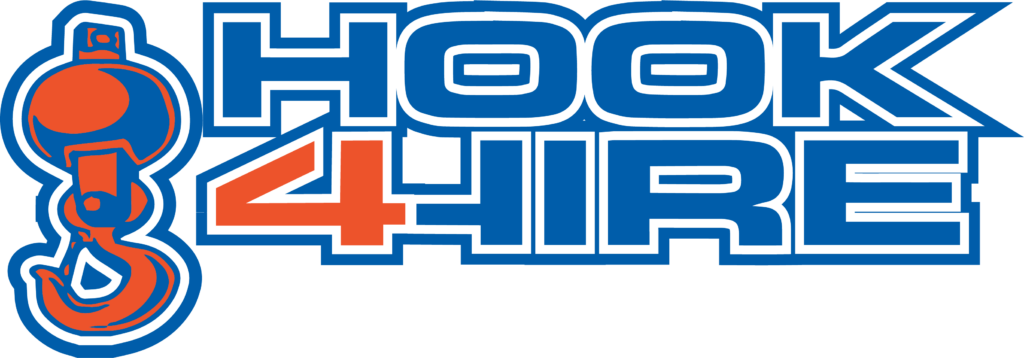Operating a crane is a highly technical job that requires specialization, experience, and safety precautions. Crane services are the go-to option for people requiring heavy lifting equipment for construction, transportation, or industrial projects. However, working with a crane service requires the right approach to ensure safety, efficiency, and cost-effectiveness. Unfortunately, some people make avoidable mistakes that compromise these aspects, leading to accidents, delays, and increased costs. This article will explore the common mistakes people make when working with a crane service and how to avoid them.
Failure to Properly Plan the Project
Planning involves
- evaluating the site conditions,
- determining the weight and dimensions of the load,
- identifying potential hazards, and
- establishing a clear communication protocol.
Without proper planning, the crane operator may encounter unexpected challenges that could lead to accidents or delays. For instance, if the crane operator does not have enough space to maneuver the crane, they may damage the surrounding structures or injure workers. Therefore, conducting a thorough site inspection is crucial, as consulting with the crane service on the equipment specifications and creating a detailed project plan.
Ignoring Safety Precautions
Operating a crane involves various risks, including electrocution, falls, collisions, and equipment failure. Therefore, it is essential to establish safety procedures and ensure everyone involved in the project follows them. Safety precautions may include:
- wearing personal protective equipment,
- using signage and barriers to control access to the site,
- conducting regular equipment inspections, and
- having a trained safety officer on-site.
Ignoring safety precautions endangers the workers and exposes the project to legal liabilities and reputational damage.
Choosing the Wrong Crane Service
Some people make the mistake of selecting a crane service based on price alone without considering other factors such as experience, equipment quality, and customer service. A reliable crane service should have a track record of successful projects, a variety of well-maintained equipment, and a responsive customer service team. It is essential to conduct thorough research, read reviews, and ask for referrals before choosing a crane service.
Miscommunication with the Crane Operator
Clear communication is crucial to ensure the crane operator understands the project requirements, the load specifications, and the site conditions. Miscommunication can occur when the project manager needs to provide clear instructions, the crane operator needs help understanding the language or the technical terms used, or there is a language barrier. Therefore, it is essential to ensure that everyone involved in the project speaks the same language, uses clear and concise instructions, and has a backup communication system in case of technical issues.
Overloading the Crane
The weight capacity of a crane is limited, and exceeding it can cause the crane to tip over, collapse, or drop the load. Overloading can occur when the project manager underestimates the weight of the load, needs to properly secure the load to the crane, or ignores the crane’s weight capacity. Therefore, it is essential to accurately determine the weight and dimensions of the load, follow the manufacturer’s specifications, and consult with the crane service on the appropriate equipment for the project.
The Bottom Line
Working with a crane service requires proper planning, safety precautions, clear communication, and equipment expertise. By avoiding the common mistakes highlighted in this article, you can ensure that your project is completed safely, efficiently, and cost-effectively. Remember to choose a reliable crane service, establish safety procedures, accurately determine the weight of the load, and maintain clear communication with the crane operator. Doing so will reduce the risk of accidents, delays, and additional costs.
Looking for reliable crane services for your next project? Look no further than Hook4Hire! With years of experience and a commitment to safety and efficiency, our team of experts can provide you with the equipment and expertise you need to do the job correctly. Book a job today!
